Brown Bag Lecture Series
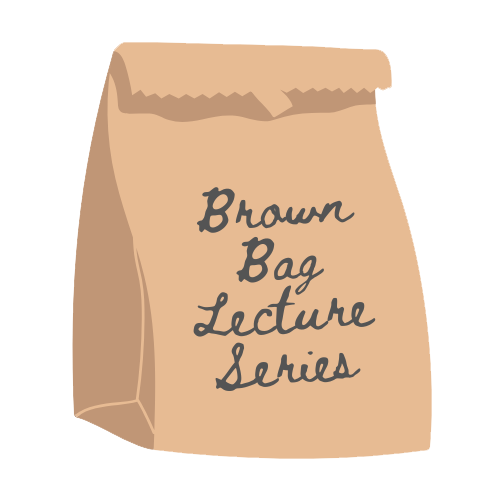
The Humanities, Social Sciences, and the Arts Brown Bag Series is always free, open to faculty, staff, students, and the public, and provides a congenial interdisciplinary forum for the discussion of recent research by the HSSA faculty. See the information below for upcoming brown bag talks.
Lectures are held on Mondays in Stevenson 3900 from 12:00pm-1:00pm.
Fall 2025 Brown Bag Series

Speaker: Professor Sena Clara Creston, ART
"Fortitude is a talk about my photographs and sculptures of the detritus of the modern world. My recent photographs of driftwood beach huts are preceded by sculptures and installations using used paper and plastic bags, water bottles, spent shotgun shells, bicycles and electronics; reflecting societal relationships with natural and constructed environments. "
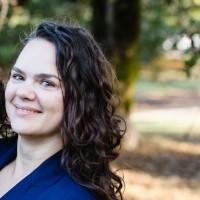
Speaker: Professor Kyla Walters, SOCI
Beauty elevates women’s access to value-producing resources. Developing one’s own good looks can entail intensive practices, even during gestation. This talk draws on in-depth interviews to explore how women cultivate their beauty to fulfill beliefs about what it means to look pregnant.
Speaker: Professor James Mestaz, HIST
Utilizing archival documents and oral history interviews from Chiapas, Mexico, this project traces indigenous curanderas’ (herbal remedy healers) ability to bridge their ancient knowledge systems with a modern world that changed as a consequence of development. Irrigation projects in particular have led to deforestation and drought, and indigenous curanderas in the past three decades have scrambled to adapt to the disappearance of flora and fauna they used for cures. Such modification tactics relied on a deep knowledge of Chiapas’s diverse ecological systems and ability to navigate changes in power dynamics which included the appearance of the EZLN (Zapatistas).
Spring 2025 Brown Bag Lectures
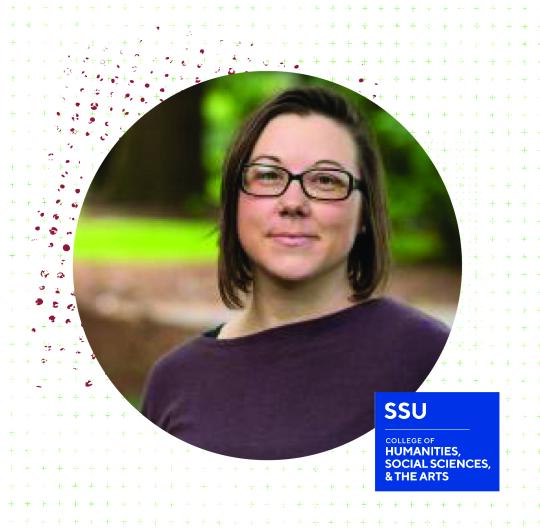
Speaker: Professor Allison Ford, ANTH-GEP
Is self-sufficiency the answer to the climate crisis? Many Americans participating in cultural movements like prepping and homesteading seem to think so. Based on ethnographic research on self-sufficiency movements, especially prepping, this talk explores the implications of trying to solve complex, socio-environmental problems with individual, household level solutions. Increasingly uncomfortable with reliance on complex institutions that mediate between people and their basic ecological needs (food, water, energy, etc.), preppers argue that the system is doomed to collapse and when it does, that nobody's coming to help. This talk argues that this outcome is not inevitable, but a product of political choices Americans have made. Self-sufficiency is not the answer--but what is?
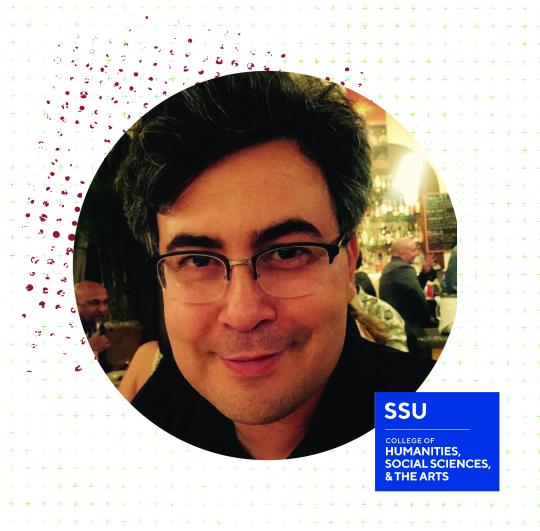
Speaker: Professor Andy Martinez, PSY
The principal goal of Andy Martinez’s project is to better understand the determinants of psychological well-being (or happiness). Professor Martinez will discuss the multifaceted nature of psychological well-being, particularly emotional well-being, life-evaluation, and meaning-in-life. Because the dataset for this project is a representative sample of Californians, Martinez asks the question: are Californians (on average) happy?
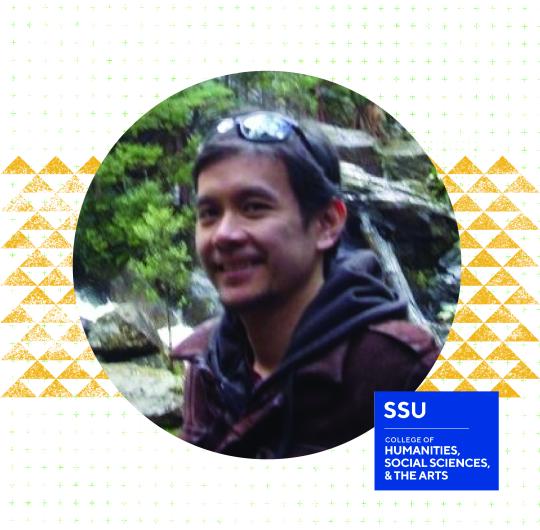
Speaker: Professor Willie Gin, POLS
Data is produced, analyzed, and used in two ways. One type of data practice (data regime 1) classifies and sorts subjects into groups, often for the purpose of economizing resources. In sports, this is the so-called Moneyball revolution in data analytics. An alternative data practice (data regime 2) aims to experiment and transform individual subjects, allowing subjects to transcend those classifications. In baseball, this is called the Betterball movement in data analytics. The predominance of data regime 1 in contemporary social formations and public policy creates two kinds of inequality. There is an overall epistemological inequality in that the ways of thinking associated with classifying and economizing predominate over experimenting and transforming. There is also a distributive inequality, in that only some privileged actors and entities can successfully engage in the iterative experimentation of data regime 2, while others are stuck primarily being the “objects” of the classificatory schemes of data regime 1.
Fall 2024 Brown Bag Lectures
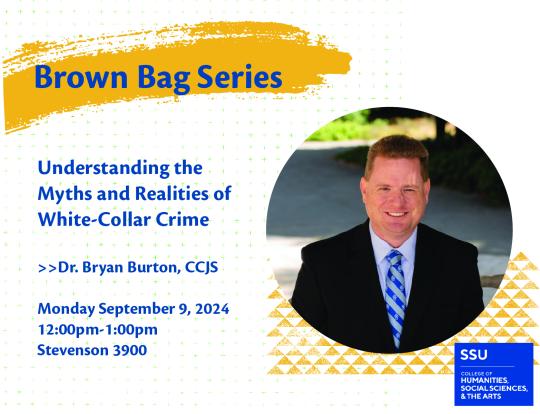
Speaker: Professor Bryan Burton, CCJS
"I worked on a co-authored book with Dr. Diana Grant titled Understanding the Myths and Realities of White-Collar Crime. There are many myths about white-collar crime, but this summer, we focused on the myth that there is nothing we can do about it. Such crimes incur various costs - financial, physical, mental, and social - often encompassing more than one. For instance, healthcare fraud (such as physicians billing for services never provided) alone incurs more financial costs than all street crimes combined."
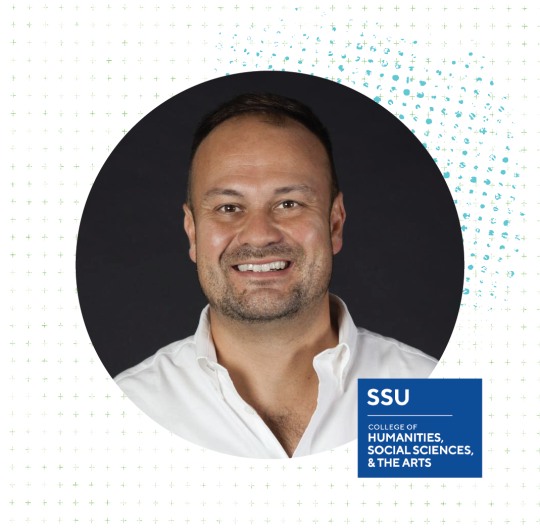
Speaker: Professor James Joseph Dean, SOCI
This talk explores the intersectional identity construction of queer and straight beauty creators on social media and the role their intersectional identity plays in their content creation. Drawing on in- depth interviews and digital ethnography with queer male and straight female beauty creators on Instagram and TikTok, I explore the content creation practices of beauty influencers, their relationship to their followers, and their ability to secure brand sponsorships. In particular, I theorize the role of bodily capital, and how bodily capital is shaped and constructed intersectionally across sexuality, gender, and race for this diverse group of creators. By bringing a focus on beauty creators on social media platforms to the discipline of sociology, this project promotes interdisciplinary dialogues across the fields of sociology, social media studies, and LGBTQ+ studies to understand the evolving nature of social media, queer and straight identities and cultures, and the meaning of beauty and bodily capital today.
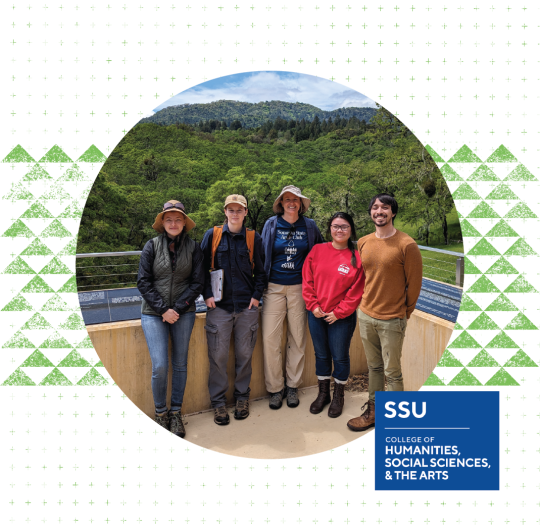
Speaker: Professor Alexis Boutin, ANTH
Located in Eldridge, California, the Sonoma Developmental Center (SDC) opened in 1891, eventually serving thousands of residents who would today be described as developmentally or physically disabled, mentally ill, or deviating from social norms. Between 1892 and 1960, its “Home Cemetery” received the remains of over 1900 residents—after which its use ceased and gravemarkers were removed. The SDC closed in 2018, and the core of its 945 acre campus is now slated for redevelopment. Our research project works collaboratively with stakeholders to document and preserve the cemetery as a site of social memory and cultural heritage. In this presentation, I will discuss how we are using non-invasive bioarchaeological methods to reconstruct the contextualized biographies of residents who lived at the SDC during the early 20th century, a time characterized by a growing eugenics movement as well as the 1918-19 influenza pandemic. The circumstances of their lives and deaths, and their commemoration—or lack thereof—in the SDC cemetery, offers a unique opportunity to explore the concepts of ancestorhood and social memory within the contexts of disability, disease, and institutionalization.
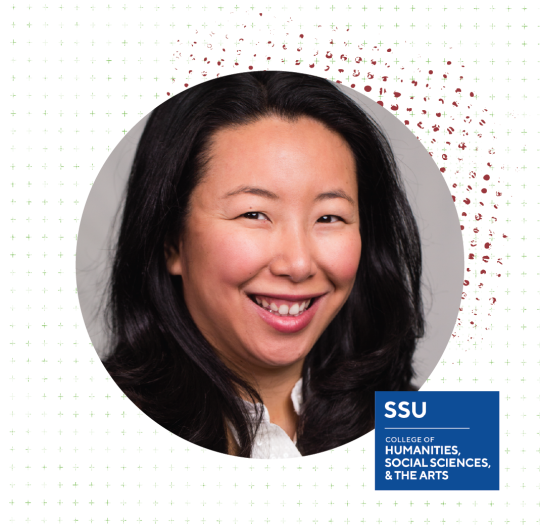
Speaker: Professor Wenwen Ni, PSY
In this talk, Professor. Ni will discuss her new paper on how interactions between mental healthcare providers and their patients can be an important contributor to racial/ethnic disparities in mental health. Specifically, social psychological research has shown that biases, including stereotypes, prejudice, and discrimination, can affect patient-provider interactions and contribute to mental health disparities. Recommendations for how to reduce biases will be discussed.
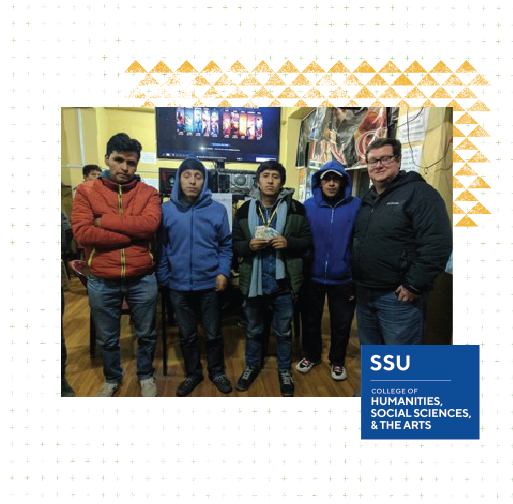
Speaker: Professor Benjamin Smith, ANTH & HD
Professor Smith gives an account of how young men in Southern Peru contend with the coloniality of the gaming world through practices of peer socialization in internet-mediated play. In doing so, they both resist and partially reclaim stereotypes of "Indian-ness."

